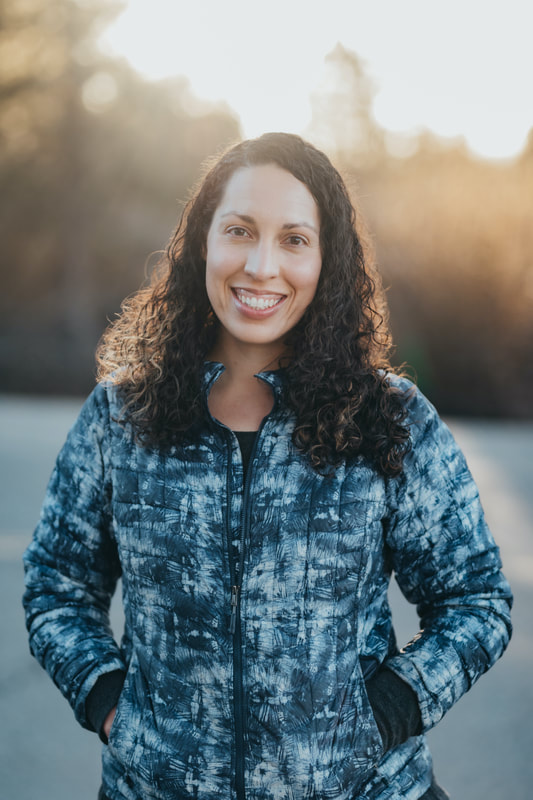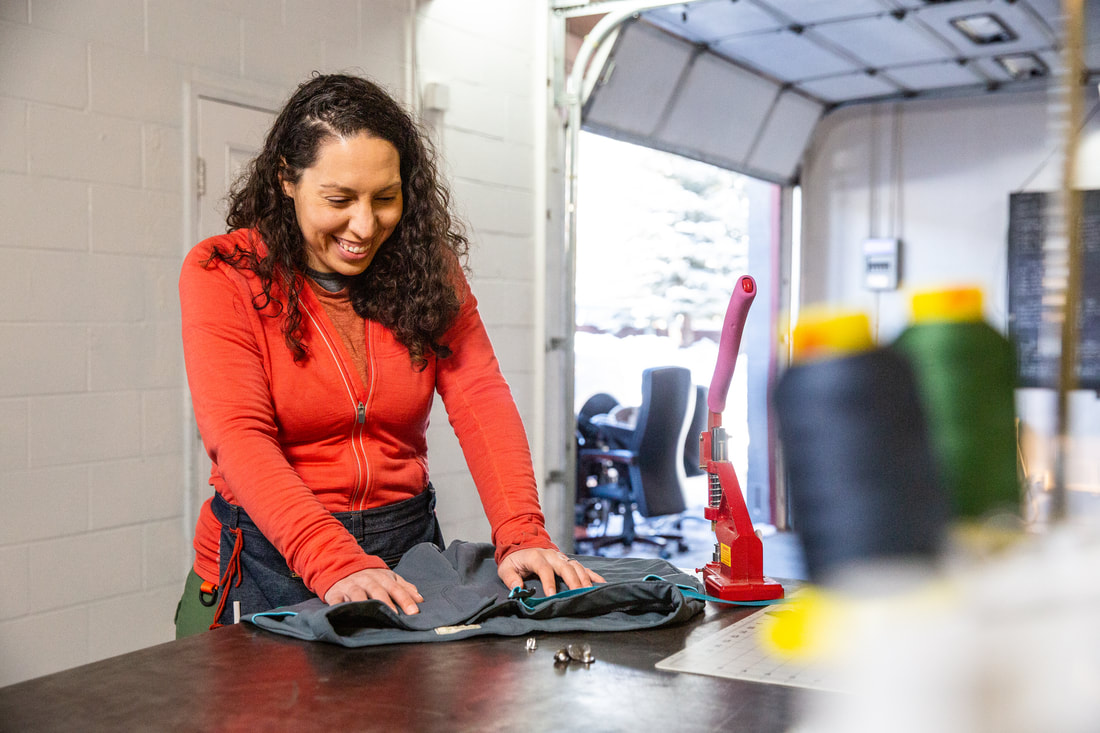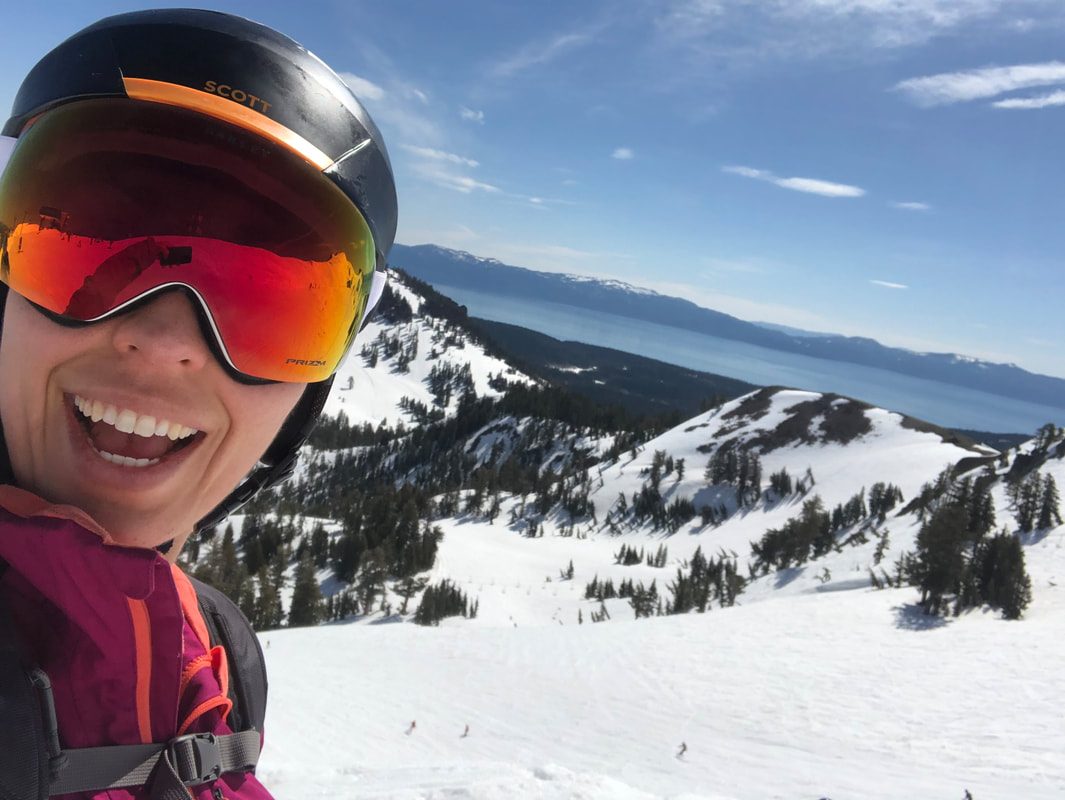episode 15: RAQUEL VÉLEZ, ENTREPRENEUR & FOUNDER OF ALPINE PARROT
8 Dec 2022
|
Photo credits go to Sarah Sherman and Raquel Vélez
|
In this episode I talk with Raquel Vélez, outdoor apparel entrepreneur and founder of Alpine Parrot who was named one of Outside Magazine's Outsider of the Year 2021. Raquel shared how her love for the sport of skiing, which she only picked up in her late twenties, was the catalyst for her entrepreneurial journey into the world of outdoor apparel. Though she always knew she'd start her own company some day, doing so in the outdoor industry was not on her radar. Let alone the apparel industry. Raquel openly shared the challenges and difficulties she's face in a still "male and pale" sector but also what has made a difference in succeeding. Much of her great advice isn't only for the outdoor apparel industry but for anyone considering an entrepreneurial journey.
|


